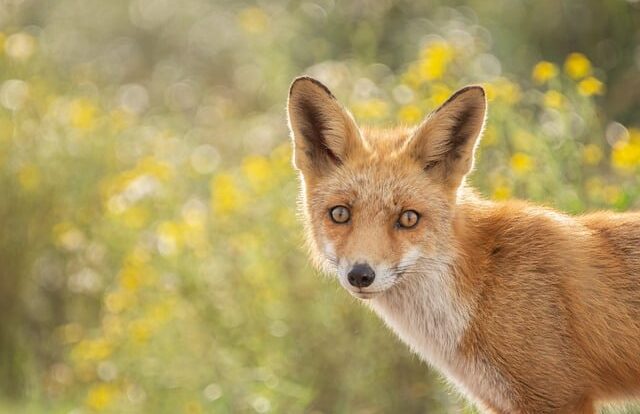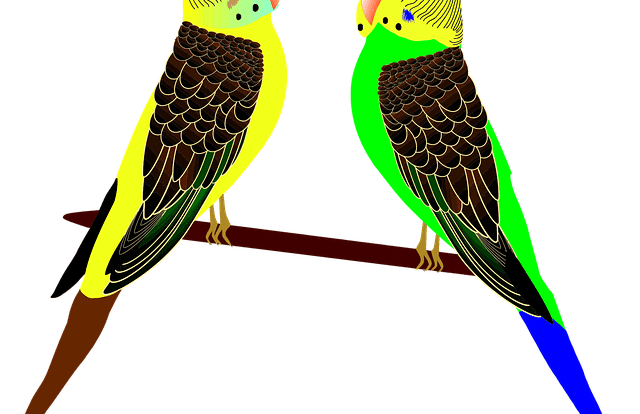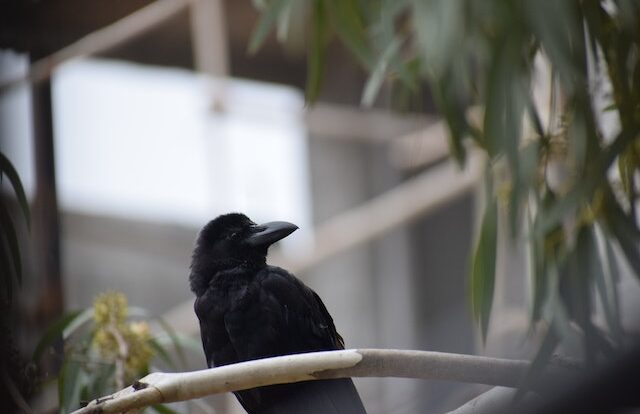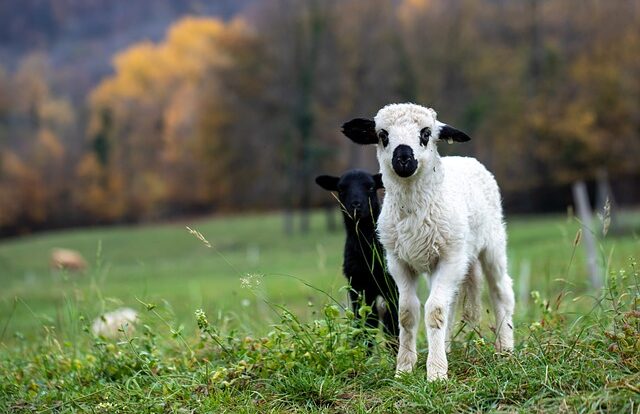Differentiating between hawks and falcons serves as an excellent starting point for beginners, mainly because these two categories of birds of prey have distinguishing characteristics that make them relatively easy to discern. As you embark on this learning journey, your efforts are bound to yield satisfying results, and these initial triumphs can serve as a driving force for newcomers to explore more advanced ornithological pursuits.
After acquainting yourself with the basic distinctions between hawks and falcons, you can put your knowledge to the test by attempting to identify them when encountered during your daily activities. With practice, you’ll soon develop the ability to more precisely recognize each bird you encounter. This newfound skill will deepen your appreciation for these magnificent creatures and their unique qualities.
Are Falcons Hawks
Falcons and hawks, while sharing a close relationship in the avian world, are indeed distinct from each other. Falcons find their place within the order Falconiformes, an exclusive group reserved for these magnificent birds.
Also Read > Difference Between Stream And Brook
In contrast, hawks are part of the order Accipitriformes, a category that encompasses a broader spectrum of birds of prey, including hawks, vultures, eagles, and various others. Falcons, however, carve out their unique niche within the Falconiformes order.
In summary, falcons are not to be confused with hawks; they are a separate species with their own designated order. The genus “Falco,” nestled within the Falconiformes order, is recognized as the domain of true falcons. This distinction underscores the remarkable evolutionary journey that falcons have embarked upon within the realm of birds of prey.
Are Hawks Falcons
It’s a common misconception to confuse hawks with falcons, but in reality, these two avian species are distinct from each other. Falcons constitute a separate genus from hawks and belong to a different biological order.
Falcons are distributed across the globe, primarily inhabiting temperate regions. They are represented by 47 distinct species within 13 genera. In contrast, hawks have a global presence and exhibit a higher level of diversity compared to falcons, with 57 currently existing species across 19 genera.
In summary, hawks are not falcons, and these two bird species have their own unique classifications within the avian world, each with its own set of characteristics and adaptations.
Falcons Vs Hawks
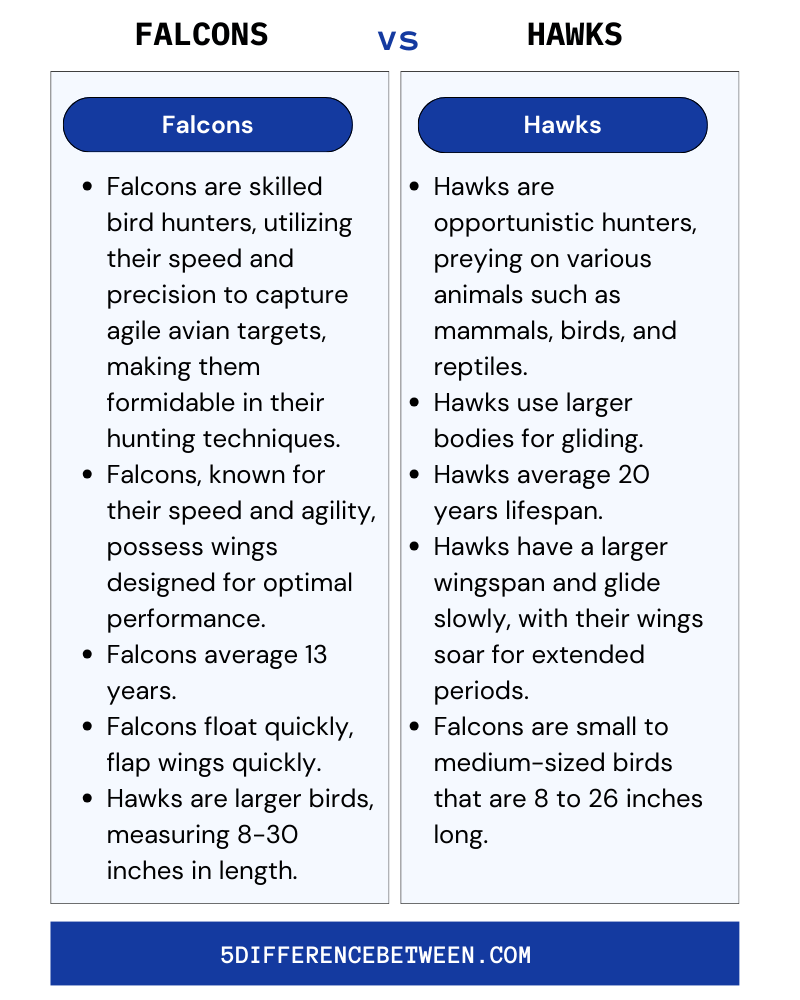
Falcons
- Falcons are skilled bird hunters, utilizing their speed and precision to capture agile avian targets, making them formidable in their hunting techniques.
- Falcons, known for their speed and agility, possess wings designed for optimal performance.
- Falcons average 13 years.
- Falcons float quickly, flap wings quickly.
- Hawks are larger birds, measuring 8-30 inches in length.
Hawks
- Hawks are opportunistic hunters, preying on various animals such as mammals, birds, and reptiles, whose diet depends on the availability of prey in their habitat.
- Hawks use larger bodies for gliding.
- Hawks average 20 years lifespan.
- Hawks have a larger wingspan and glide slowly, with their wings soar for extended periods.
- Falcons are small to medium-sized birds that are 8 to 26 inches long.
Are They Related
Falcons and hawks, both classified as birds of prey, indeed share a common avian identity. Falcons belong to the class Aves and are categorized within the biological order Falconiformes. Hawks, on the other hand, are also birds of prey but are members of the family Accipitridae within the order Accipitriformes.
One noteworthy distinction between falcons and other types of hawks is the boldness often associated with falcons. This boldness plays a vital role in their adaptation to urban environments, where they can thrive.
In terms of dietary preferences, falcons exhibit a nearly exclusive carnivorous appetite, with smaller birds and mammals being their primary food sources. Hawks, in contrast, possess a broader dietary spectrum, consuming a more diverse range of prey. In summary, while falcons and hawks share the overarching title of birds of prey, they differ in their classifications, behaviors, and dietary habits, each contributing to their unique roles within the avian world.


